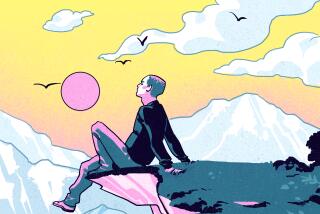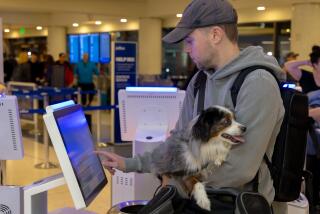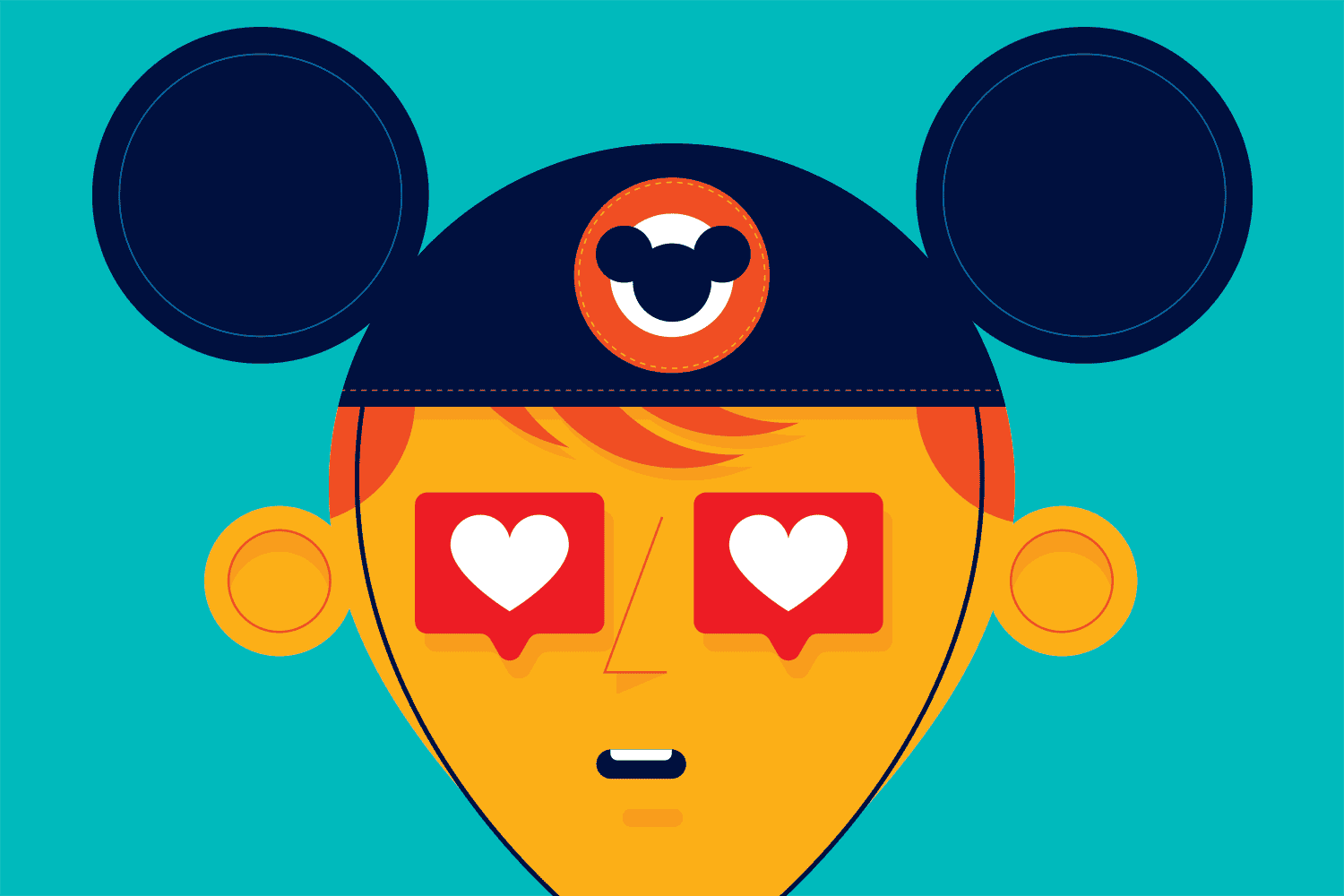You canceled travel due to coronavirus and you’re bored. Here’s how to cope

Feeling bored, disoriented and cranky now that you’ve put your travel plans on hold and your suitcase away? You have company — lots of it. For many of us, travel has its own rewards, including its role as a stress reliever.
“Travel relieves stress because you are removed from the monotony of your daily life,” said Dr. Howard Forman, attending psychiatrist at Montefiore Medical Center in New York, “and many of the things that lead to stress are taken out of your hands and put into hands of other people,” including those everyday tasks such as fixing dinner, keeping the house clean and, if you have kids, making sure homework is done.
Now what? Most of us are staying closer to home, by design or edict, and the absence of travel’s pleasures can lead to boredom, which, Forman said, is a common complaint.
Here, then, are some ideas about facing down the tedium.
• Play. “Adults don’t play!” you may say. But why not? Especially when you consider how beneficial it can be.
That doesn’t necessarily mean kickball or hopscotch, unless you want it to.
“Think about the invigorating effect of a date night with your spouse,” Oksana Hagerty, an educational and developmental psychologist, and learning specialist at Beacon College in Leesburg, Fla., said in an email.
“Or a picnic that, for all the mosquitoes, dust and lukewarm Coke, leaves you happy and refreshed? How about a bath with rosewater and candles?”
“Some ideas of play … might be ‘pretending’ to be a healthy eater (by the end of the quarantine you might get used to eating broccoli instead of French fries, but if not — it was play, not a big deal). Or starting ‘a new life’ altogether — some of it might stick, but again, no hard feelings if not.
“As long as we agree that some of what we do can be free, uncertain and governed by the rules that make-believe does not have to be productive, the tedious hours of social isolation won’t be as bad.”
• Reconnect. Try “getting in touch with your body in some way or another,” said Dr. A. Chris Heath, a psychiatrist and psychoanalyst in Dallas. “Walk. Feel the sun and breeze. Try stretching exercises. You don’t have to have a class to do it.”
Maybe resume playing a musical instrument you once dropped, Heath said. “It’s not just a way to make the time pass and not just a way to exercise your mind. It connects your mind with your body again.” When the body and mind interact, “it gets you back in touch with yourself.”
• Look ahead. “Plan, plan, plan, imagine, get ready!” said Rebecca Kiki Weingarten, co-founder of and educational director for RWRNetwork.org, a nonprofit for people and groups in what she calls “suddenly changed circumstances.”
“Use this time to plan travel in ways you haven’t before,” she said in an email: Maybe a deep dive into the destination. Maybe learning a bit (or all) of the language, trying out some recipes, learning about the culture in a way you haven’t before, scoping out out-of-the-way sites that you wouldn’t have thought of, studying native art, fashion, styling, sports that you can check out before you go.”
• Fill the void with fun. “Boredom leads to negative thoughts, feelings and behaviors: ruminating, worrying about a pandemic we can’t control, keeping a count of illness found in your neighborhood, constantly taking your temperature and being paranoid about symptoms,” Weingarten said.
“Boredom can lead to anxiety and compulsive behavior — eating/drinking too much and worse.
“So I always recommend to clients and groups to ‘substitute.’ Can’t do this? Do that. Don’t enjoy this? Try that. And so on. Nature abhors a vacuum, so fill the time, energy, space with good, fun, interesting things.”
• Look back and be grateful. The reward, Forman said, is “the ability to actually sit with one’s memories and really remember the wonderful experiences.”
For instance, he grew up in Tampa, Fla., and Walt Disney World was a destination he looked forward to. The theme park may have been wonderful, but one time the family got caught in a thunderstorm and were so soaked that they had to buy new clothes, something he remembered with pleasure.
“Just remembering how fortunate you were to have experienced what you did can fill you with a kind of gratitude that we sometimes forget,” he said.
He just canceled a spring vacation with his family. “When we [do] go away, it will be that much sweeter,” he said.
The pandemic won’t last forever. It will end, he said. And then …
“The next time you’re on vacation and you see the most extraordinary view, bookmark it,” he said. You’ll be able to say, “‘I saw it, I experienced it. It was wonderful.’”
Then summon it, he said, when you need it most.
Have a travel problem, question or dilemma? Write to travel@latimes.com. We regret we cannot answer every inquiry.
More to Read
Sign up for The Wild
We’ll help you find the best places to hike, bike and run, as well as the perfect silent spots for meditation and yoga.
You may occasionally receive promotional content from the Los Angeles Times.







